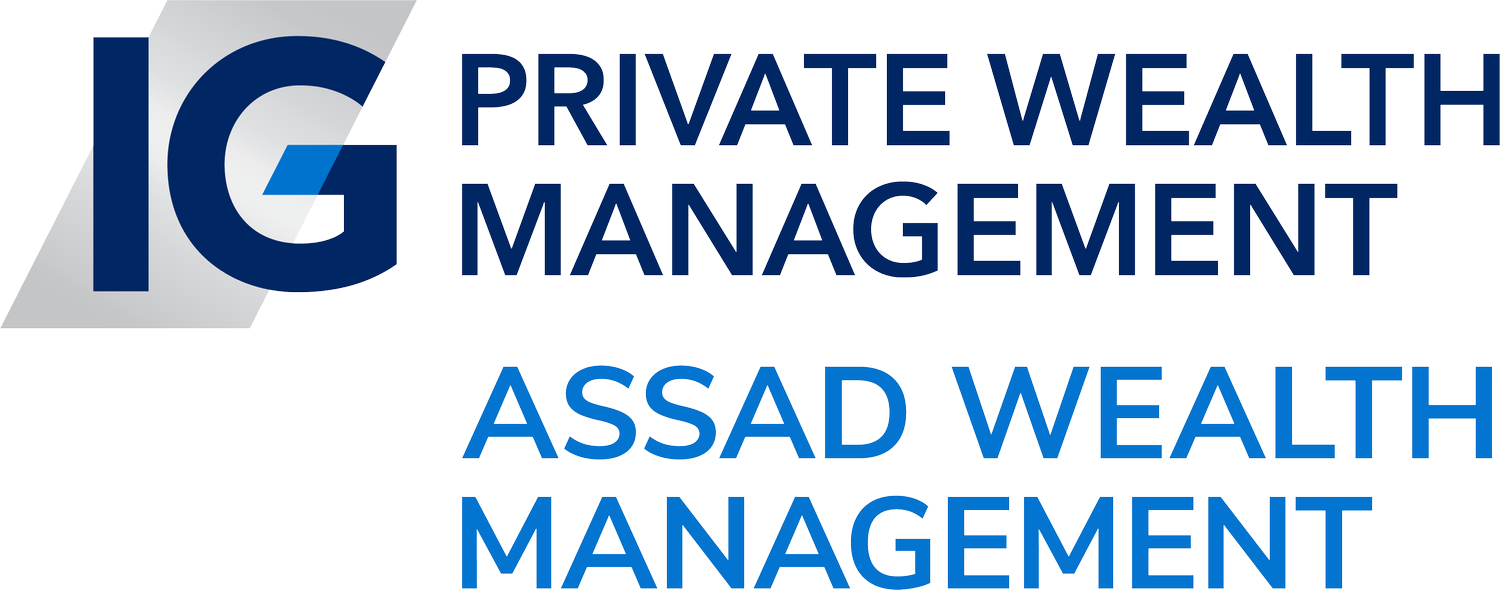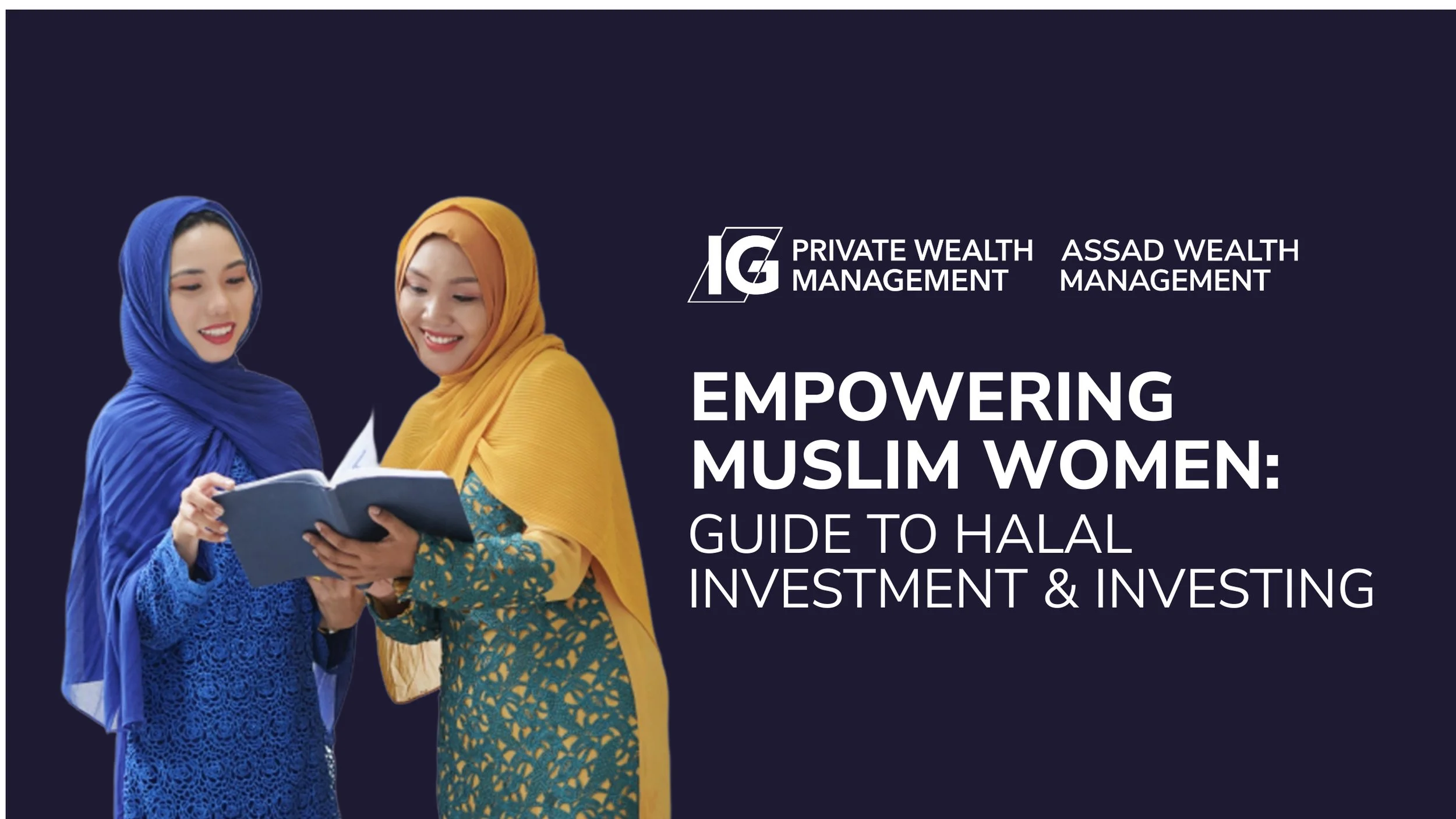EMPOWERING MUSLIM WOMEN: A GUIDE TO HALAL INVESTMENT & INVESTING
In today's world, financial independence is a key goal for many, and for Muslim women, this journey can be uniquely guided by the principles of Islam. This comprehensive guide aims to provide insights into how women can take control of their financial future through halal investing, aligning their financial goals with Islamic values.
Women often face challenges in the financial realm, including limited access to financial education and investment opportunities. However, with the right knowledge and resources, Muslim women can empower themselves to build wealth in a halal manner. This guide will explore various investment options that align with Islamic principles, ensuring that your financial decisions adhere to the teachings of Islam.
UNDERSTANDING ISLAMIC FINANCE
Islamic finance is based on the principles of Shariah, which prohibits certain practices such as Riba (usury) and haram investments. Instead, it encourages ethical investing and financial products that promote social responsibility. For modern Muslim women, understanding these principles is vital for making informed financial decisions and creating a solid investment portfolio.
Halal investing is not just about avoiding haram practices; it is also about actively seeking out opportunities that contribute positively to society while respecting the guidelines set forth in the Quran and the teachings of the Prophet Muhammad. This approach allows for a diverse range of investment options, including halal stocks, sukuk (Islamic bonds), and Islamic mutual funds.
THE IMPORTANCE OF HALAL INVESTING
Investing in halal options is essential for maintaining adherence to Islamic values. Women who choose to invest in companies that operate within these ethical boundaries can feel confident that their money is being used in a manner that aligns with their faith. Furthermore, halal investing allows women to grow their wealth while fulfilling their financial goals and supporting businesses that contribute to the betterment of the community.
In the context of financial empowerment, halal investing provides a path to financial independence. By diversifying your portfolio with halal funds, you can create a robust financial plan that not only aims for profit but also reflects your commitment to ethical practices. This is especially important for women in Islam, who may face societal pressures and limitations in their investment journeys.
The Current Reality: Why Financial Literacy Matters for Muslim Women
The statistics paint a clear picture of the urgent need for financial education among women:
60% of women aged 45-54 lack a personal financial plan (in our community, this number may be closer to 95%)
90% of women will be sole financial decision-makers at some point in their lives
By 2026, women will control over 50% of accumulated wealth in Canada
67% of caregiving responsibilities for both older adults and children fall to women
Despite increased workforce participation, from one in five working women in 1950 to nearly four in five today, the gender pay gap persists, and cultural factors in our communities can add additional layers of complexity to an already challenging financial landscape.
UNDERSTANDING YOUR FINANCIAL RIGHTS IN ISLAM
Before and During Marriage
From an Islamic perspective, women have clearly defined financial rights that provide both security and empowerment:
Before marriage, a woman's family is responsible for her financial care.
After marriage, she receives:
Mahr (Dower): A gift of appreciation from the husband, meant to show kindness, love, and generosity at the start of the marriage. There's no minimum or maximum, but it should be reasonable and attainable.
Nafaqah (Maintenance): Spending money for household expenses and personal needs beyond basic necessities.
In case of divorce, Islamic law encourages the husband to provide Mut'ah; a parting gift to ensure the marriage ends on good terms. Some scholars suggest this should cover up to two years of living expenses.
YOUR WEALTH BELONGS TO YOU
Crucially, any money a woman earns is entirely hers to spend as she pleases, within halal boundaries. She's not required to contribute to household expenses, though many women choose to do so as an act of charity (sadaqah), which Allah will replenish.
WHY FINANCIAL PREPAREDNESS IS MORE CRITICAL THAN EVER
The Positive Vision
We're witnessing a revival in the Muslim community with amazing projects and initiatives emerging. When women achieve financial literacy and independence, they can be contributing members of the Ummah, supporting causes they believe in and making a meaningful impact.
Practical Preparedness
Islam teaches us to be prepared for life's uncertainties:
In case of sudden loss: Do you know how to pay bills, where accounts are located, or what investments exist?
In case of divorce: Can you sustain yourself for the foreseeable future?
Emergency preparedness: Do you have 3–6 months of savings set aside for security?
The goal isn't just financial independence, it's ensuring you can stand on your own two feet while contributing positively to your community.
UNDERSTANDING HALAL INVESTMENT OPTIONS
The Foundation: Types of Investment Accounts
Non-Registered Accounts These include cash, real estate, vehicles, and investments not registered with the Canada Revenue Agency. When you make a profit, you pay taxes on the gains in the same year.
Tax-Free Savings Account (TFSA) This is the most underutilized account in our community and our top recommendation. Any profits are completely tax-free, and you can withdraw funds without penalty. Check your contribution room through your CRA account.
Registered Accounts (RRSPs, RESPs, etc.) These provide tax deductions when you contribute, tax-free growth, but you pay taxes when withdrawing funds.
CREATING A FINANCIAL PLAN
A clear financial plan is crucial for anyone looking to achieve financial freedom, and it is particularly important for women in the Muslim community. Start by setting clear financial goals that align with your values and aspirations. Consider what you want to achieve: whether it’s saving for a home, funding your children’s education, or preparing for retirement, having a clear vision will guide your investment decisions.
Working with a financial advisor who understands Islamic finance can significantly enhance your investment journey. They can help you navigate the complex financial landscape and identify halal investment opportunities that align with your goals. A knowledgeable advisor can also assist in building a diversified portfolio that includes halal stocks, real estate investments, and Islamic financial products.
A comprehensive financial plan should address:
Investment planning: Growing wealth through halal investments
Tax planning: Minimizing tax burden within Islamic guidelines
Estate planning: Ensuring proper Islamic inheritance distribution
Insurance planning: Protecting family and wealth
Emergency preparedness: Planning for unexpected events
Cash flow management: Optimizing liquidity and borrowing
DIVERSIFYING YOUR PORTFOLIO
Diversification is a key strategy in any investment approach, and it is equally important in halal investing. By spreading your investments across various asset classes, you can mitigate risk and enhance the potential for long-term growth. Consider incorporating different types of investments, such as Islamic mutual funds, sukuk, and halal venture capital, into your portfolio.
When investing in the stock market, focus on companies that share your values and operate in a halal manner. This not only supports ethical business practices but also aligns your investments with your financial goals. Remember, the world of halal investing is vast, and there are numerous opportunities waiting to be explored.
Learn More About Our Halal Investment Approach, and The Two-Level Screening Process
MAKING INFORMED FINANCIAL DECISIONS
Empowered women are those who make informed financial decisions. Take the time to educate yourself about the various investment options available in the halal market. Attend workshops, read books, and engage with online resources that focus on Islamic finance. The more knowledge you gain, the better equipped you will be to build a successful investment portfolio.
It’s also important to keep in mind the significance of zakat (charitable giving) in Islam. As you grow your wealth, consider how you can give back to your community and support those in need. This not only fulfills a religious obligation but also enhances your sense of purpose and social responsibility.
INVESTMENT OPTIONS FOR WOMEN
As you embark on your investment journey, explore various halal investment options. Some popular choices include:
Stocks: Represent ownership in corporations. Only common shares are halal, avoid preferred shares as they're not Shariah-compliant.
Mutual Funds: Pooled investments managed by professionals. Unfortunately, 99.99% of conventional mutual funds are not halal due to:
Investments in financial institutions (banks, insurance companies)
Fixed-income investments that pay interest
Holdings in prohibited sectors (weapons, alcohol, etc.)
Exchange Traded Funds (ETFs): Passive investments that track market indices. Several Shariah-compliant options exist, including:
Wahed Invest ETFs
SP Portfolios' S&P 500 Shariah Exclusion ETF
Wealthsimple Shariah World Equity Index
A BREAKTHROUGH: THE MACKENZIE SHARIAH GLOBAL EQUITY FUND
After 19 years in the industry, Assad Wealth Management under leadership of Hash Assad helped launch one of Canada's only publicly available Shariah-compliant mutual funds. This fund features:
Global equity investments with medium risk
Continuous Shariah supervisory board oversight
Quantitative AI models screening 20,000 stocks twice daily
Exclusion of companies operating in prohibited countries
Outstanding performance (19.3% one-year return as of August 2024)
BUILDING WEALTH FOR FUTURE GENERATIONS
Financial empowerment is not just about individual success; it is also about paving the way for future generations. By taking control of your financial future and making informed investment decisions, you are setting an example for the younger generation. Teach your children about the importance of halal investing and instill in them the values of financial literacy and responsibility.
Many Muslim women are already making significant strides in achieving financial independence, and you can join this movement. By empowering yourself with knowledge and resources, you can build wealth that not only benefits you but also supports your family and community.
This principle becomes especially crucial when we consider the unique position of Muslim women in today's financial landscape. With changing demographics and economic realities, financial literacy for Muslim women has never been more important.
GETTING STARTED: PRACTICAL STEPS
For Beginners (Just Starting Out)
Start with time as your best friend: The earlier you begin, the more compound growth works in your favor
Use dollar-cost averaging: Invest a fixed amount regularly (e.g., $50-200 monthly)
Consider Wealthsimple Halal or Manzil for automated halal portfolios
Pay yourself first: Invest before paying other expenses
For Intermediate Investors ($50K - $500K)
Combine halal investments with comprehensive financial planning
Consider working with financial consultants who understand Islamic principles
Ensure you have proper estate planning (wills, power of attorney)
For High-Net-Worth Individuals ($500K+)
Work with experienced Islamic financial advisors specializing in private wealth management
Implement sophisticated tax planning strategies
Focus on legacy and intergenerational wealth transfer
CONCLUSION: EMPOWERMENT THROUGH ISLAMIC FINANCIAL PRINCIPLES
Financial empowerment for Muslim women isn't just about building personal wealth, it's about enabling greater contribution to the Ummah while maintaining spiritual integrity. When women thrive financially within Islamic guidelines, entire communities flourish.
At Assad Wealth Management, we're committed to helping you achieve financial freedom while staying true to your values. Through personalized financial planning and halal investment strategies, we bridge the gap between Deen and Dunya, empowering you to build a secure future with clarity, confidence, and peace of mind.
Remember: Wealth in Islam is a tool for worship, a means to support family, and a way to contribute to causes you believe in. By investing according to Shariah principles, you're not just growing your wealth, you're participating in an ethical economic system that benefits society as a whole.
For more information about halal investing and comprehensive financial planning, visit assadwealth.ca or connect with Hash Assad on LinkedIn.
Subscribe to our YouTube channel for regular educational content on Islamic finance and wealth management.
This is a general source of information only. It is not intended to provide personalized tax, legal or investment advice, and is not intended as a solicitation to purchase securities. Assad Wealth Management is solely responsible for its content. For more information on this topic or any other financial matter, please contact an IG Wealth Management Consultant. Trademarks, including IG Wealth Management and IG Private Wealth Management, are owned by IGM Financial Inc. and licensed to subsidiary corporations.

